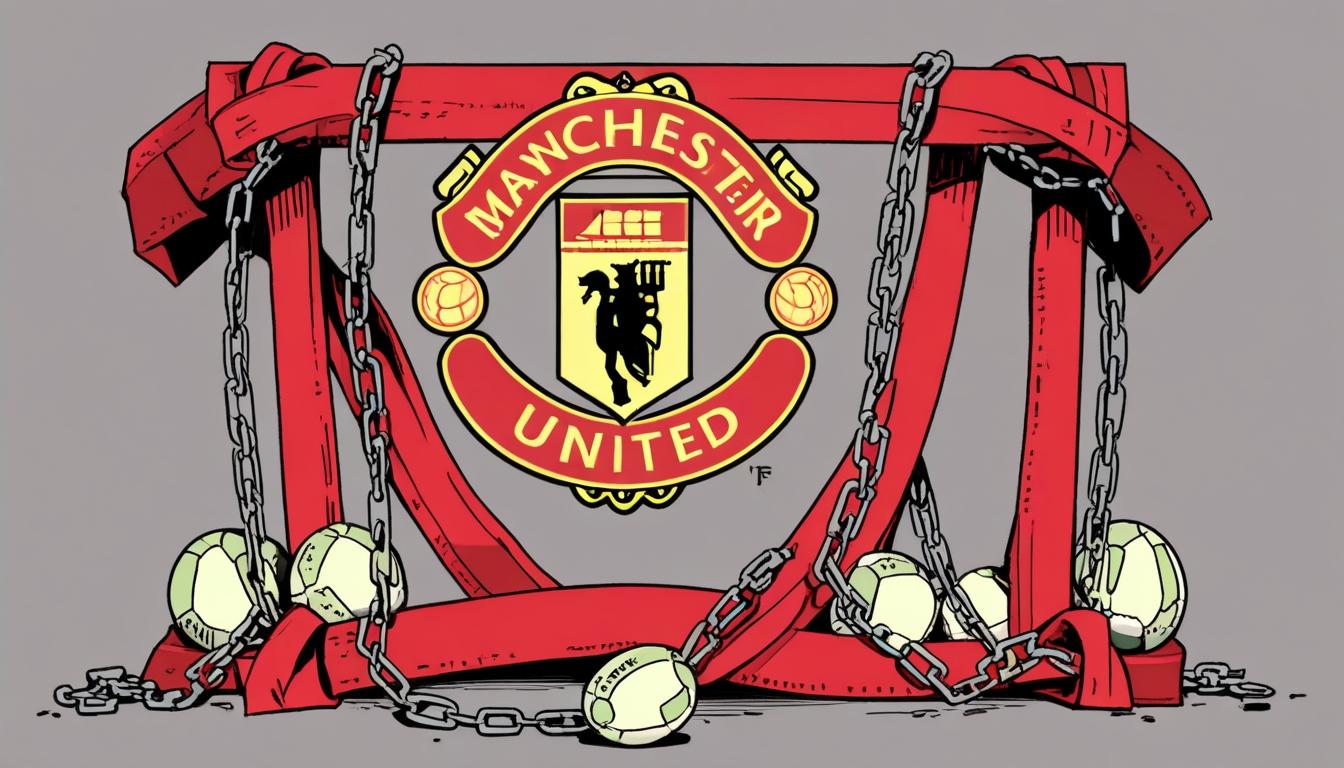The Glazer family's tenure at Manchester United, marked by financial turbulence and fan unrest, began with a controversial takeover in 2005. The spectacle surrounding their first visit to Old Trafford epitomised the discord that would define their ownership; hundreds of fans protested loudly, denouncing the family with slogans and placards. The Glazers themselves, seemingly oblivious to the anger directed at them, engaged in what could best be described as a shopping spree, grabbing merchandise without a care for the feelings of the fans who regarded them as interlopers. This initial act foreshadowed their business approach: treating the club as an extension of their considerable wealth rather than as a historical entity rooted in community and tradition.
Sir Bobby Charlton's later apology to the Glazers for the hostile reception underscores a broader narrative where key figures within the club willingly smoothed the path for the family's contentious ownership. David Gill, United's chief executive at the time, took measures to ensure a peaceful transition, benefiting personally with a significant salary increase. Such corporate manoeuvring continued as Sir Alex Ferguson, the club’s legendary manager, consistently defended the Glazer regime, even chastising dissenting fans. His comments, once perceived as harsh wisdom, have since aged poorly amidst a backdrop of declining performances and growing discontent among supporters.
In contrast to Manchester United’s storied rivals, nearly every attempt to contest the Glazers' reign has been met with strong resistance. Movements like FC United of Manchester and the green and gold protests of 2010 revealed a deep-seated yearning for accountability and respect from an ownership seemingly indifferent to its fanbase. Despite these efforts, the Glazers' ownership model—a leveraged buyout that burdened the club with staggering debt—remains unwavering, with more than £1 billion in total debt and interest paid since 2005.
Financial records from the 2012-2013 season highlight the strain; the club spent £71 million on servicing the Glazers' debt, a staggering amount when paired with subsequent reports revealing interest payments that have totalled in the hundreds of millions. By 2008, the club's debt had already surged to £699 million, with £68.8 million earmarked for interest alone—a heavy price for what was ostensibly an ownership structure designed for profit rather than sporting success. The footballing landscape at United shifted towards a commercialised brand, with everything from jersey sales to sponsorships becoming monetised avenues for profit maximisation.
The Glazers employed an aggressive financial strategy, often seen as a shift toward the corporatization of football. Their methods included utilizing high-interest hedge-fund loans and transforming player acquisitions into public spectacles designed to enhance brand visibility rather than team performance. Reflecting on the 2021 re-signing of Cristiano Ronaldo, many analysts recognised it as a gesture aimed at bolstering the club's corporate image rather than a sound sporting decision—a prime example of how commercial interests can dominate historical sporting allegiance.
Yet, amidst this financially tumultuous period, there have been some encouraging signs of change. The footballing community is now more cognizant of the risks associated with malign ownership and unaccountable structures. The ban on leveraged buyouts in 2023 and the establishment of an independent regulator signal a growing recognition within the sport of a need for reform. However, for Manchester United, the fundamental issues stemming from the Glazers’ ownership linger. The club remains encumbered by debt, with little sign of genuine investment in long-term success.
As fans continue to grapple with the bitter realities of their club's situation, the Glazer family's ownership story forms a cautionary tale not just for Manchester United, but for football as a whole. It epitomises a broader trend in which clubs, once cherished institutions of community, have increasingly been reduced to mere profit-driven ventures. For many supporters, the dream of reclaiming their club feels more elusive than ever, leaving them to ponder the true costs of a legacy built on financial exploitation rather than love for the game.
Reference Map
- Paragraphs 1-2: [1], [2]
- Paragraph 3: [2], [3], [4]
- Paragraph 4: [5], [6], [7]
- Paragraph 5: [4], [6]
- Paragraph 6: [1]
- Paragraph 7: [5], [7]
Source: Noah Wire Services
